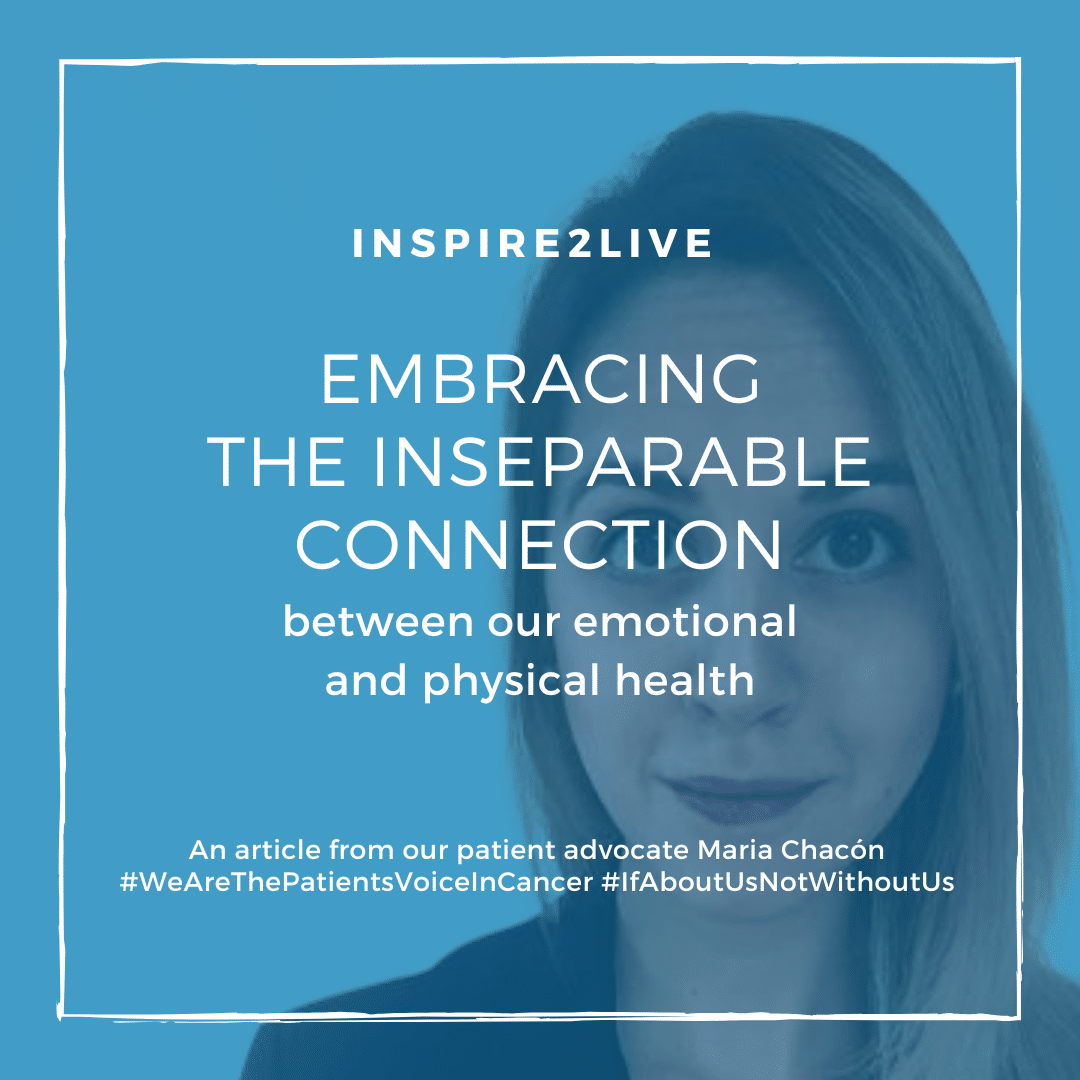Emotions are fascinating psychophysiological reactions that color our daily experiences. From moments of danger and success to those of loss and impression, emotions guide us in responding adaptively to the situations we encounter. They serve as a crucial survival mechanism, ensuring our well-being in a constantly changing world.
Initially, emotions are viewed as adaptive responses contingent upon our individual evaluation of stimuli. The way we perceive and interpret these stimuli shapes our emotional experiences. However, at times, our response may become maladaptive, causing us to linger in a state of anger, sadness, anxiety, or fear long after the initial trigger has dissipated. This prolonged emotional distress can take a toll on both our mental and physical health, with implications that stretch far beyond the transient nature of the stimulus.
Sustained emotional reactions keep our physiological systems highly activated, which, if chronic, can lead to detrimental health effects. Increased heart rate, high blood pressure, disturbances in neurotransmission, and disrupted cortisol levels are just a few examples of the physiological imbalances that can arise. Such prolonged activation renders us more vulnerable to various illnesses, but only when it persists over an extended period.
So, what can be done to address this?
Equipping people with effective strategies to manage emotionally charged situations plays a vital role in preventing harm. Psychological factors play an important role in both the prevention and treatment of diseases. Take cancer, for instance, where a comprehensive treatment plan should include empowering patients with tools to navigate their emotions, improving their overall quality of life and well-being.
I strongly advocate for an integrative approach when it comes to healthcare, embracing prevention and treatment in unison. My experience has reinforced the understanding that we don’t merely treat diseases; rather, we care for unique individuals with distinct emotional and physical needs. This patient-centred perspective is shaping the future of healthcare, responding to the demands of patients and pioneering cancer treatment hospitals alike. The wealth of evidence supporting this holistic approach is compelling.
But why does progress seem slow in implementing such changes?
As with any transformative shift, there are hurdles to overcome. Incorporating emotional well-being into healthcare practices requires a shift in mindset and a reimagining of traditional systems. However, the growing recognition of the integral role emotions play in overall health and the desire for a more patient-centric approach is propelling the necessary changes forward.
The future of healthcare lies in embracing the inseparable connection between our emotional and physical well-being. By acknowledging the power of emotions and fostering strategies to manage them effectively, we can unlock a new era of holistic care that truly supports individuals in their journey toward optimal health and well-being. Together, let us champion this evolution in healthcare, ensuring a brighter and healthier future for all.
Maria Chacón
Patient Advocate Inspire2Live

